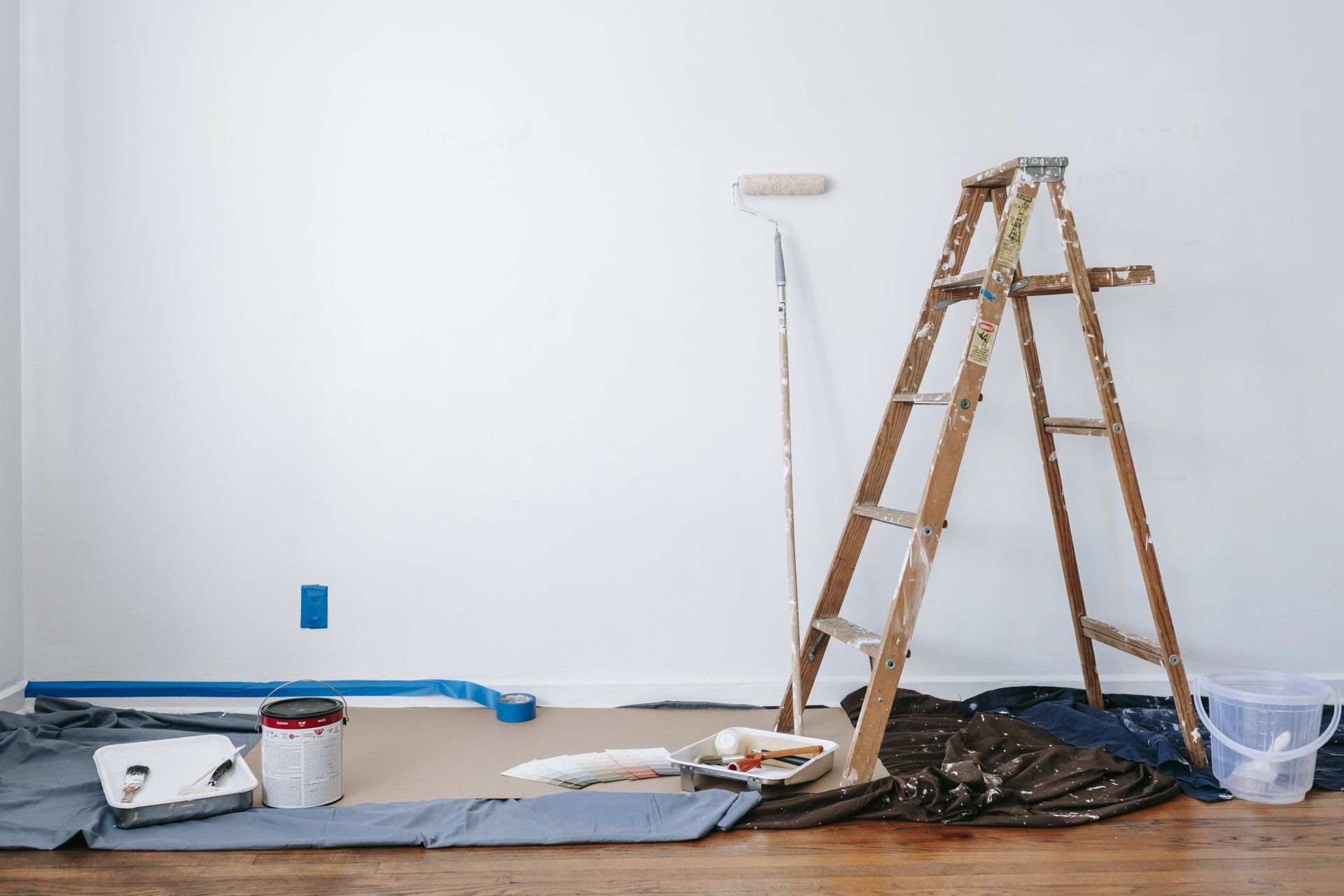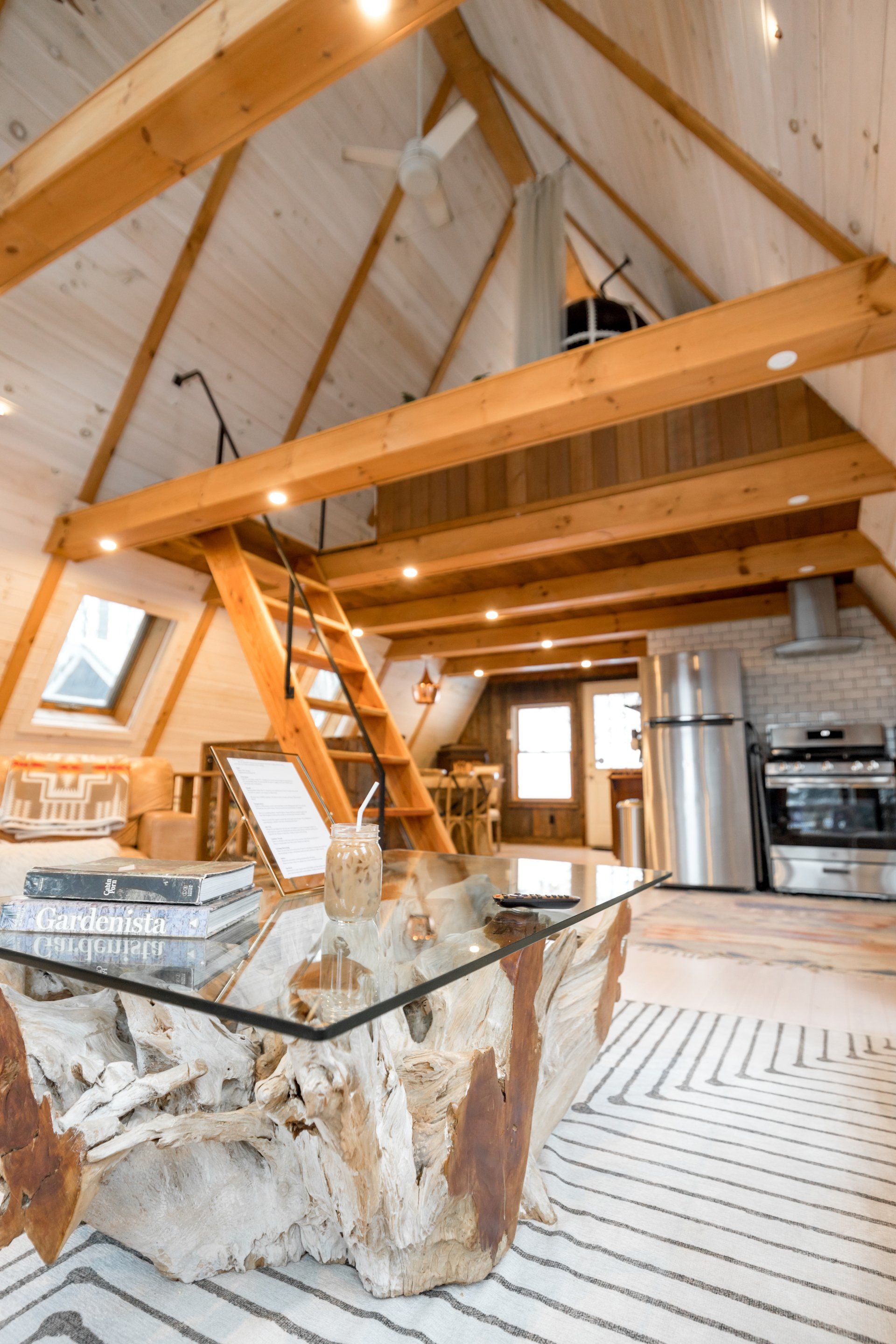August 12, 2024
What is Rent Control?
Rent control is a law or local ordinance, introduced by government, that restricts how much a landlord can rent or increase the rent of a residential housing unit. It is a very controversial issue with certain states, including Idaho, banning rent control policies altogether. The goal of rent control is to provide and protect affordable housing amid increasing living costs and stagnant wages. However, this is not always the outcome and many argue that it in fact does the opposite, hurting those that it is looking to protect. Many rent control regulations limit landlords to raising rent by 5%-7% plus the increase in consumer price index (CPI), on an annual basis.
Issues with Rent Control
Disincentivizes Developers and Reduces Housing
Prices in markets are determined by the fundamental economic principles of supply and demand. The rental market is no different. Investment in new housing is much more likely to go towards areas in which there is less regulation, higher possible returns and where there are more freedoms in how those investments can be managed. Furthermore, if landlords are being constricted by rent control regulations, they may explore short-term rentals or other non-residential uses for their space. All of these factors lead to a lower housing supply and creates upward pressure on rental prices.
Leads to More and Higher Rent Raises
The effect rent control can have on property values also needs to be addressed. When a rental property is renting for far less than market rent, it will take many years to be able to bring those rents up to where they should be, if they can even ever catch up! This means that potential buyers will pay much less for that property as it won't provide the same returns as a rental property that's rents are in line with the market. In turn, this forces landlords to keep raising rents as much as they can, to ensure their property value does not diminish for when they wish to sell. Without rent control, landlords may not have raised rent on great, responsible and respectful tenants to encourage renewals. However, in rent controlled areas, landlords are now pressurized to keep up with market rents to avoid a decrease in property value.
Reduces Housing Quality and Living Conditions
With landlords having less rental income, they have less funds to maintain and upgrade the property. Where a landlord may have previously made upgrades, such as a communal BBQ area or outside lighting, with the hopes of being able to charge more rent, this becomes impossible. Landlords are less willing to add amenities as there is no upside or return on investment. Similarly, as costs for general maintenance items increase through inflation, landlords are being squeezed with rent not going up proportionally. This can lead to poorly maintained properties and unsafe living conditions.
Limits Property Owner's Rights
There are very strong political viewpoints regarding more and less government regulation. One thing is certain though, the less rights property owners have with their assets, the less investors are willing to enter the market and the more attractive alternate investments appear. This leads to a less active housing market with less housing being developed.
Traps Tenants
Rent control can cause tenants not to be able to move as and when their lives require it. A tenant that rents a property that is severely rent controlled, faces a potentially huge increase if they were to move to new housing. This can hinder individuals from taking a new job, moving to a new city, moving in with a partner or embracing other life events.
Pros of Rent Control
Keeps Rents Lower (For Now)
Simply put, rent control can in fact do what it intends to do, by limiting how much landlords can charge. At face value this seems like a success as renters are not spending as much of their income on rent. However, this is addressing the symptom, while the actual issue is not being dealt with. This is much like plugging holes in a sinking ship, and rent control will have no positive impact on the root issue of housing supply.
Creates Stable Neighborhoods and Communities
Rent control can create very stable and tight knit communities. With renters less willing to move, with fear of incurring higher rent, more established neighborhoods are formed. This can be great for relationships within the community and a strong foundation for young children and families to thrive.
Alternatives to Rent Control
Housing Incentives
One way to address the housing supply and affordability crises is by adding more supply to the market. This increase in supply should in theory put downward pressure on home and rental prices. These incentives can take a variety of different forms, some of the most popular are relaxing zoning codes, tax incentives for developers, affordable housing incentives and a streamlined permitting process. In Boise, one of the biggest changes in the new zoning code was relaxing the requirements for ADU's (Accessory Dwelling Units). This outsourced the issue so that many single-family home owners could contribute to helping provide more housing. So far, it has caused a huge uptick in ADU applications and we will start to see the impact of these in the coming years. You can read our full blog post on ADU's in Boise here.
Housing Subsidies
Another way to address the affordability is providing housing subsidies. This can be in the form of housing vouchers, most commonly, Section 8. Although this doesn't unnecessarily punish the landlord, it still does not deal with the real issue at hand, housing supply. Other housing subsidies include government funded developments, which limit rent to an affordable amount for low income families. These can be in very high demand and, by themselves, are not built quick enough to keep pace with the increase in housing demand.
Rent Control in Boise
As previously mentioned, Idaho has a statewide ban on rent control policies. The City of Boise and the State have dividing views on rent control and renter protections in general. It seems city ordinances are introduced and quickly overruled by new state legislature. The latest went into effect on July 1st of this year which prohibits cities and local governments from limiting rent, security deposits and the amount charged in application fees. A federal law is the most likely scenario in which we will see rent control in Boise. President Biden has been vocal about introducing such a law and although this will only affect housing providers with 50+ units, it is still definitely something to keep an eye on.












